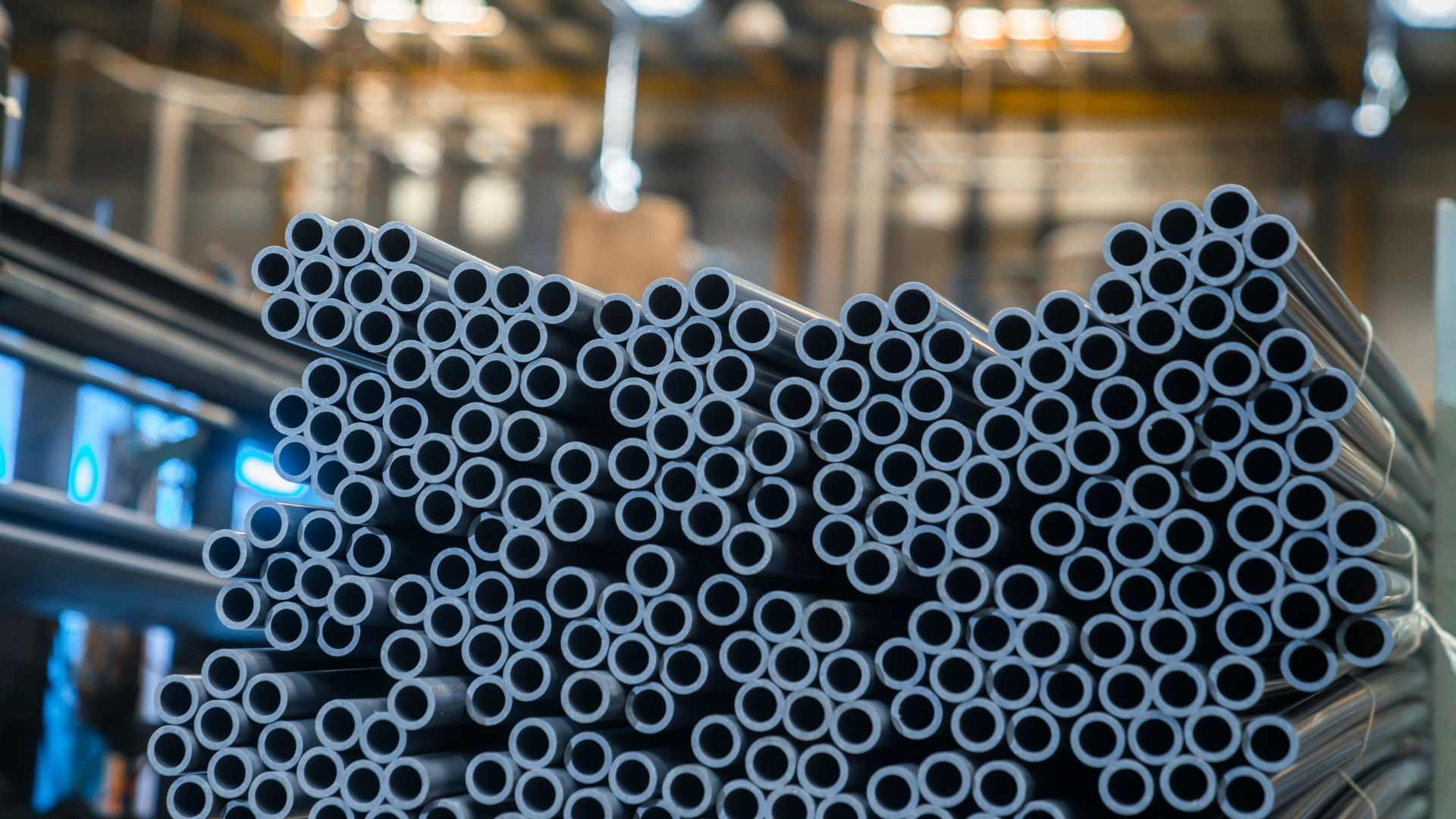Different Types of Flooring
One of the most significant choices you have to make when it comes to upgrading your home is your option of flooring. The type that you will use for your flooring will become an integral part of the interior design. It is a must to choose what type of flooring to be used ahead of time because of the installation difficulties and maintenance you will consider. It is must for every homeowner to educate themselves on what type of flooring is tailor-fit and available for their houses, as well as the advantages and disadvantages of each one as you choose.
Choosing a floor may vary according to the ideal of the room, may it be wood or a carpet. Another consideration when choosing a floor is your family’s situation. As mentioned above, a floor will be an integral part because it will serve as your house’s foundation. It will be better to have a flooring that will ensure safety for your family. Homeowners need to consider the allotted budget for the flooring. The process won’t stop after you have chosen the best type of floor for your house because the installation requirements will come next. The aesthetics will need to be considered when choosing a floor for your house, style and comfort.
In residential homes, there common flooring materials used from classic hardwood to eco-friendly laminate. There are also many other lesser-used forms that come with their own advantages. Below are the types of flooring that you can choose when building your ideal home.
LAMINATE FLOORING
Photo by Ksenia Chernaya
Established as a cheap alternative to real wood decades ago, today's manufacturers of laminate flooring have upped their game with improved quality and hundreds of varieties of wood species. Also, manufacturers have considered producing a variety of tile, stone and metal-like flooring.
It may sound budget-friendly but here are some things you need to know.
Advantages:
- As mentioned above, it is cheaper than the actual wood.
- Easier installation since the edges and ends of a laminated flooring can snap together with no nails needed.
- Laminate flooring can offer durability. It gives stability and prevents damage amidst humidity.
- With laminate flooring, it can give you a variety of choices to choose from. Now, you can make your flooring a statement for your house.
- The maintenance of having laminated flooring will not take much of your time because its wear layer is tough and occasional sweeping keeps its surface free from corroding grit.
Disadvantages:
- Laminate flooring is prone to moisture damage. It is not advisable to install it in the laundry area inside your house. It is also not ideal to use laminate flooring in your kitchen or bathroom.
- It may resemble a wood but it can’t be refinished like a real wood. Once it worned out, it will be hard to repair. The only choice you will have is to replace it.
- Laminate flooring may look real but it is still a synthetic that feels unnaturally hard and can have a harsh-sound when walked on.
VINYL OR LINOLEUM
Photo by ehowathomechannel
Vinyl floors are the common choice by homeowners when it comes to their kitchen and bathroom. It is a synthetic relative of linoleum that is water-and-stain resistant, versatile and offers good cost longevity. Vinyl floors are elegant and economical due to a variety of developments over the years.
Here are some advantages and disadvantages of choosing vinyl floors for your house.
Advantages:
- Similar with laminate flooring, vinyl or linoleum is budget-friendly.
- Vinyl flooring is sturdy and can handle heavy foot traffic well. It is safe and decreases noise, which may be necessary for children or pet owners.
- You can choose from the variety of colors and patterns of vinyl floors that will fit your house’s style.
- It is easy to install and maintain vinyl or linoleum to your house.
Disadvantages:
- Even though vinyl floors can handle heavy foot traffic, on the contrary, it can’t handle heavy loads well. It can be damaged easily by sharp objects.
- Patterns and style won’t stay long if exposed to too much sunlight. It is not advisable to use it outdoors.
NATURAL STONE TILE FLOORING
Photo by Pixabay
Among other flooring materials, nothing will sound more elegant and luxurious than having a natural stone on your end. The word 'natural stone' refers to the mineral substances that stand out in contrast to any items of synthetic or manufactured stone. It can be ideal as may it seems but should every homeowner dive in to using natural stone tile for their flooring? Here are some advantages and disadvantages of using natural stone tile flooring.
Advantages:
- Natural stone tile flooring is durable and it comes in any form, style and colors that will be fit with your house’s style.
- Every floor is distinctive to each other.
- A stone tile is natural, eco-friendly, non-polluting that is good for homes with kids or pets.
Disadvantages:
- Natural stone is very porous, except for granite and some slate, and needs to be handled regularly with a sealing to protect its surfaces.
- Some polished marble can be easily scratched.
- Natural stones are brittle and can be chipped easily.
When purchasing flooring materials, it is important to do some research on what will work best with your house’s foundation and its characteristics. See to it if it is suitable for your particular application and how much maintenance it would take.
Check out our pool of professionals and their collection of floorings that you can use in your house.
- #Flooring
- #Tile Flooring
- #Laminate Flooring
- #Linoleum
- #Vynil Flooring





